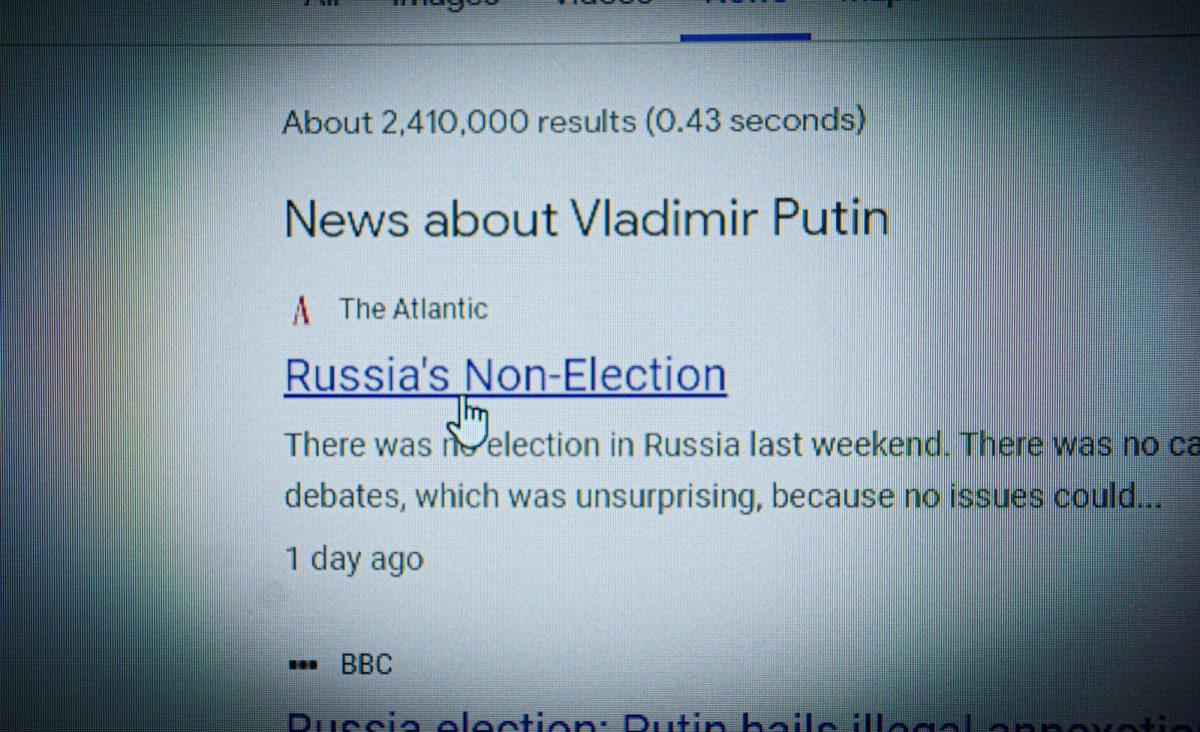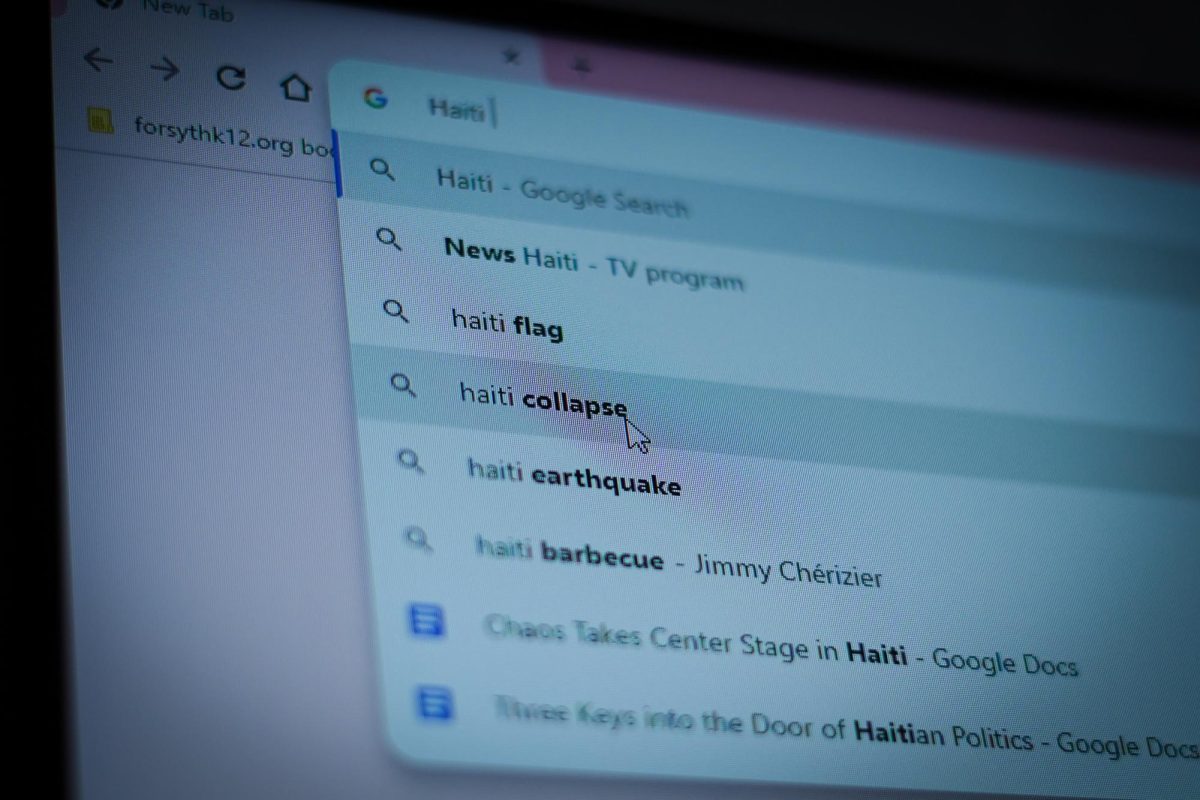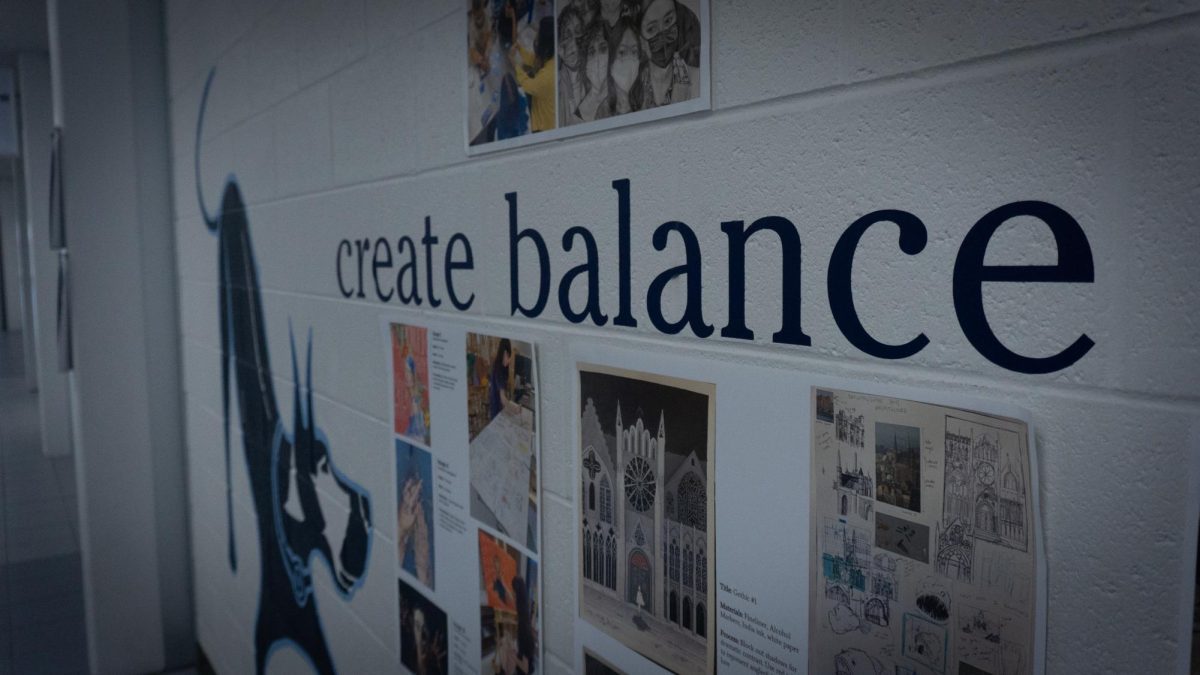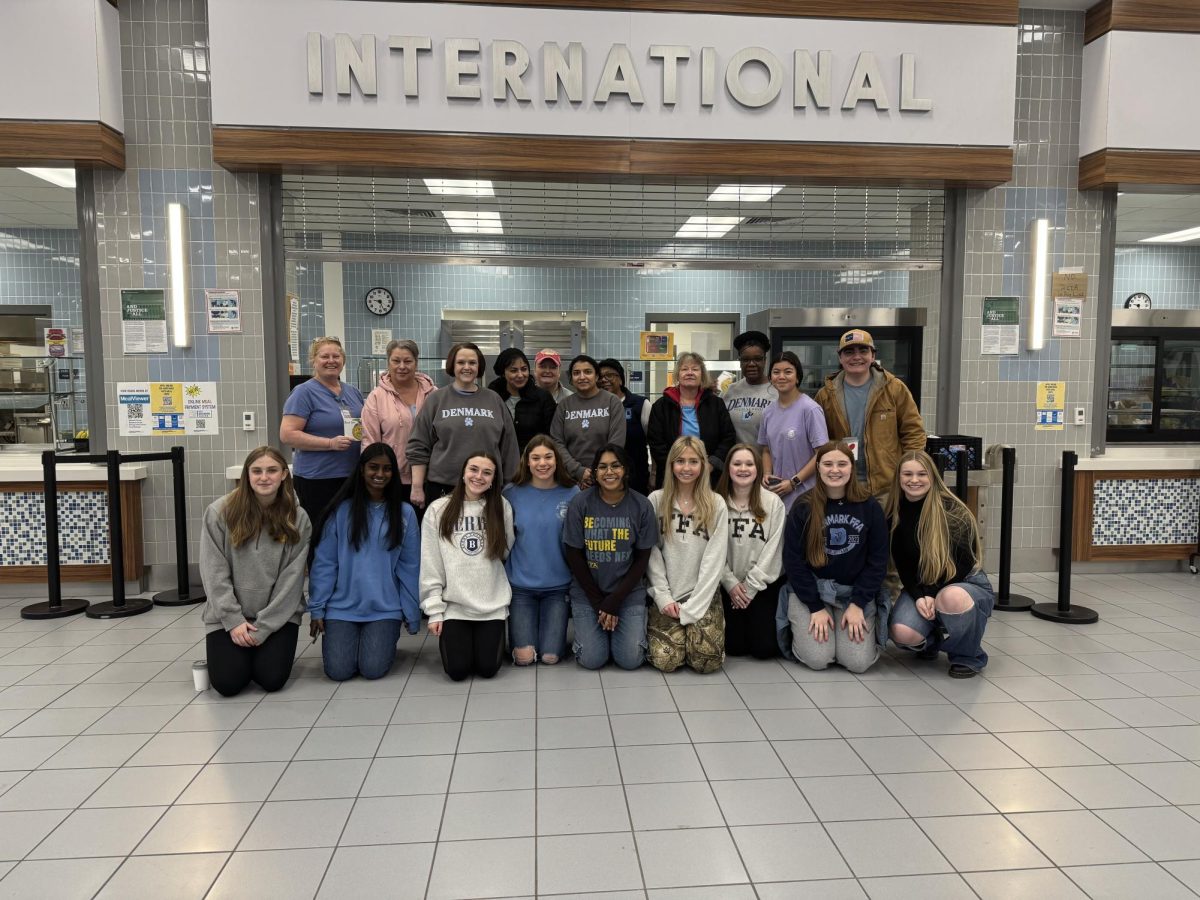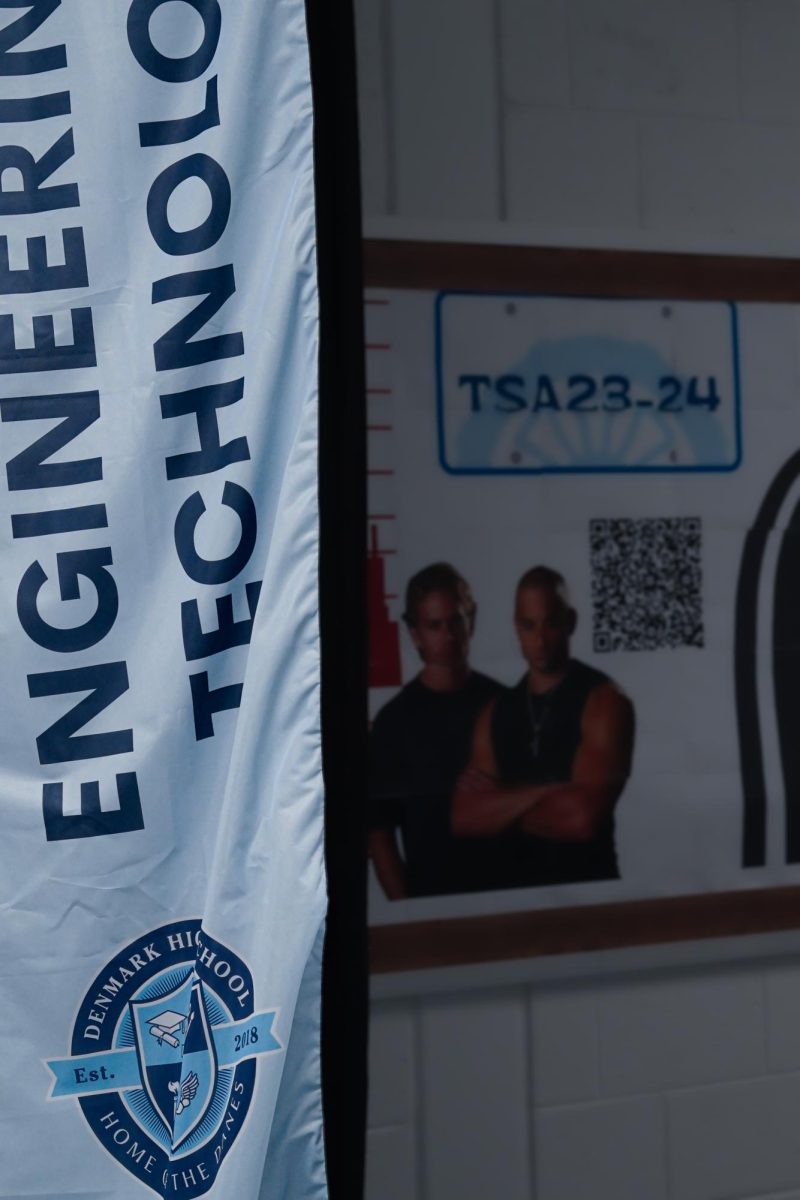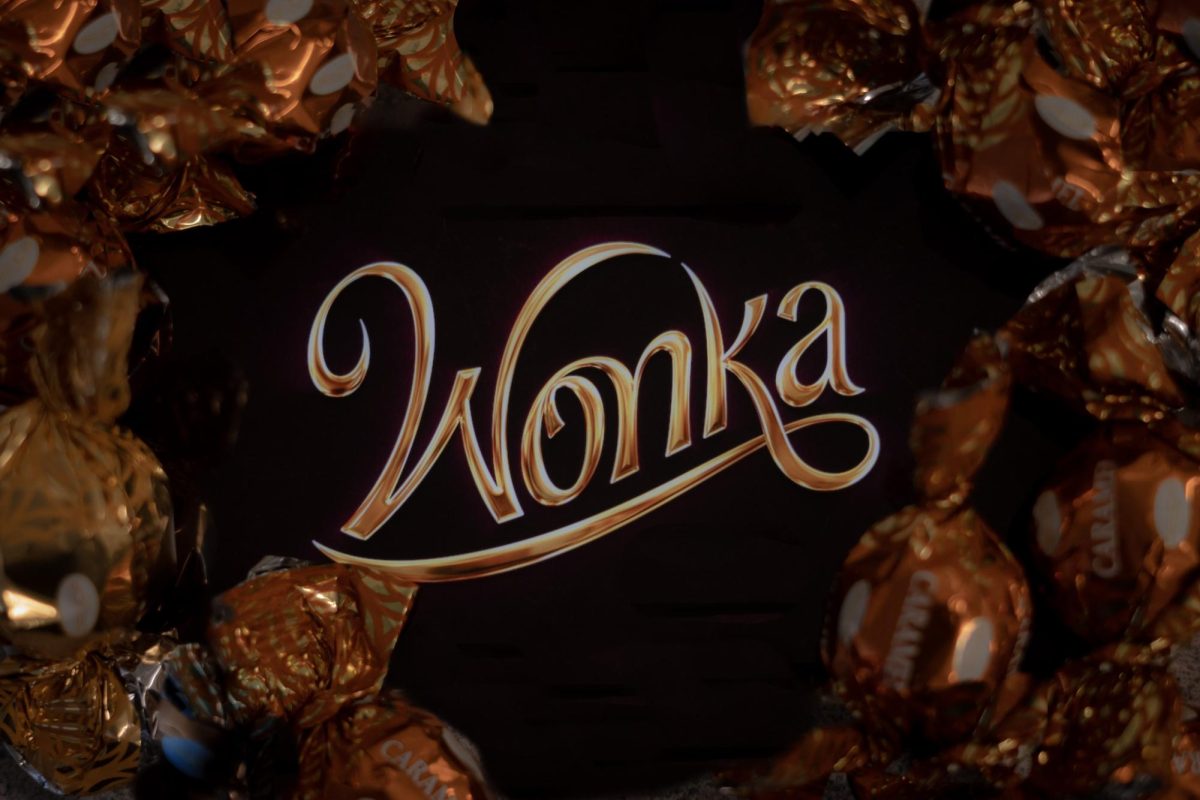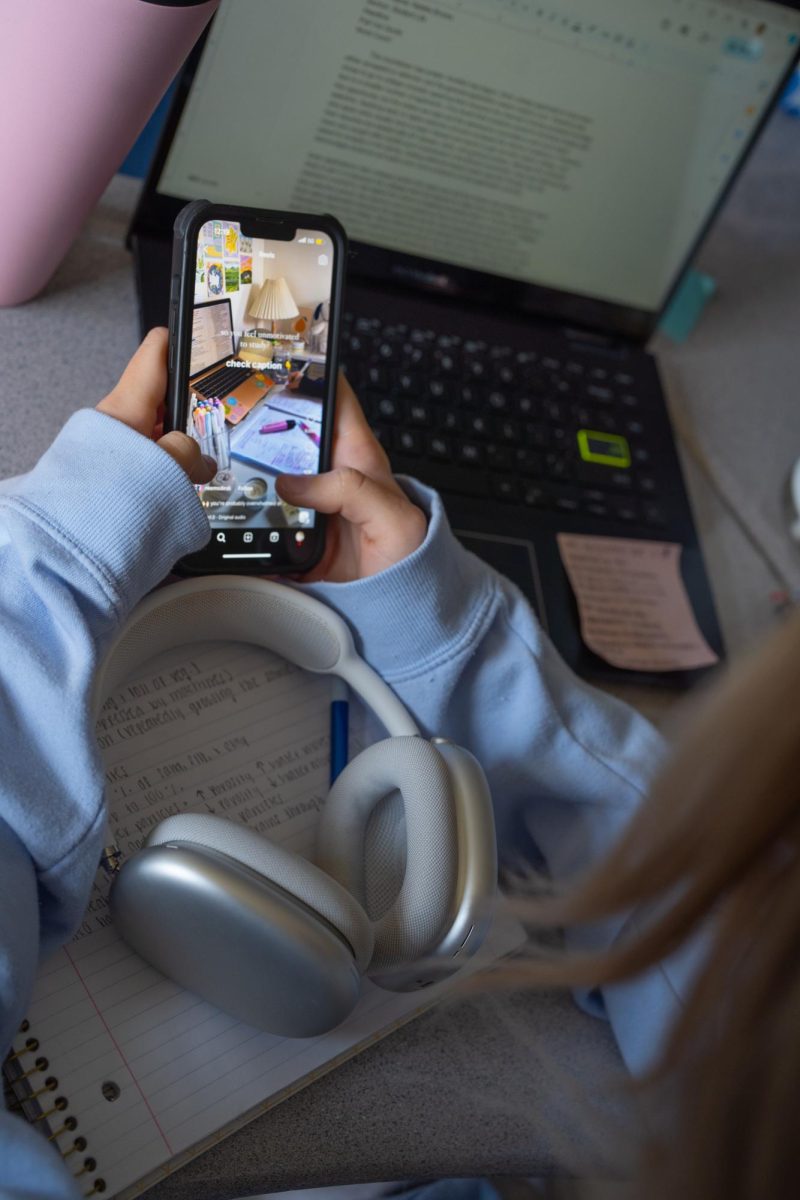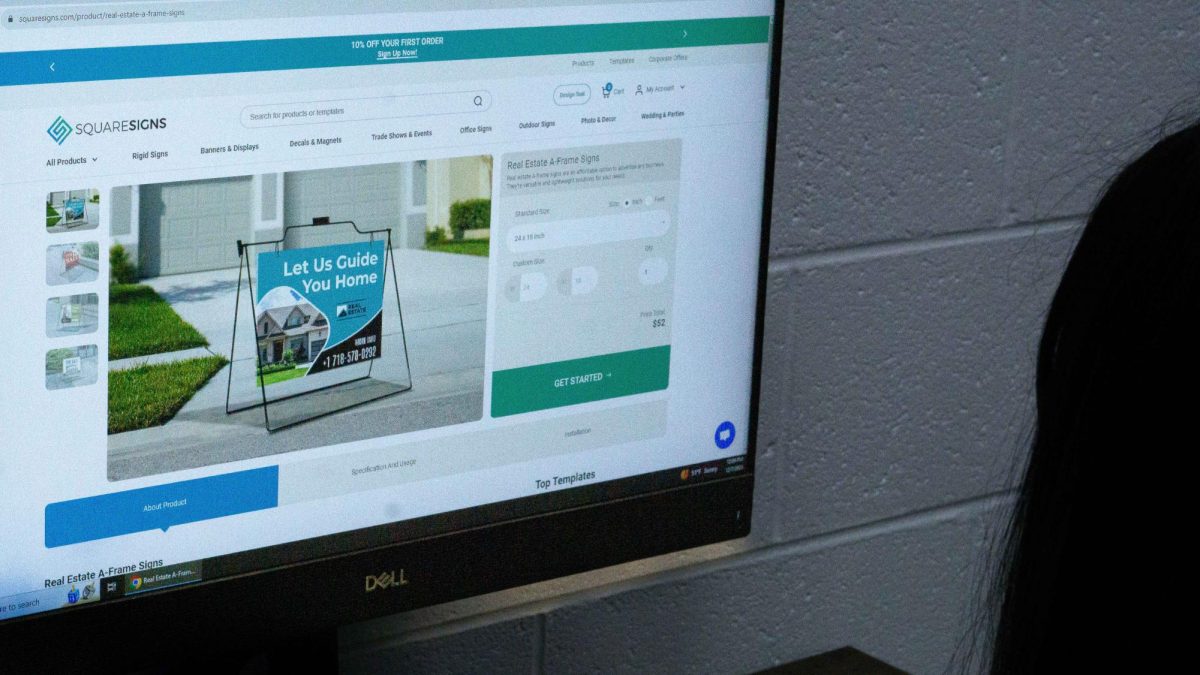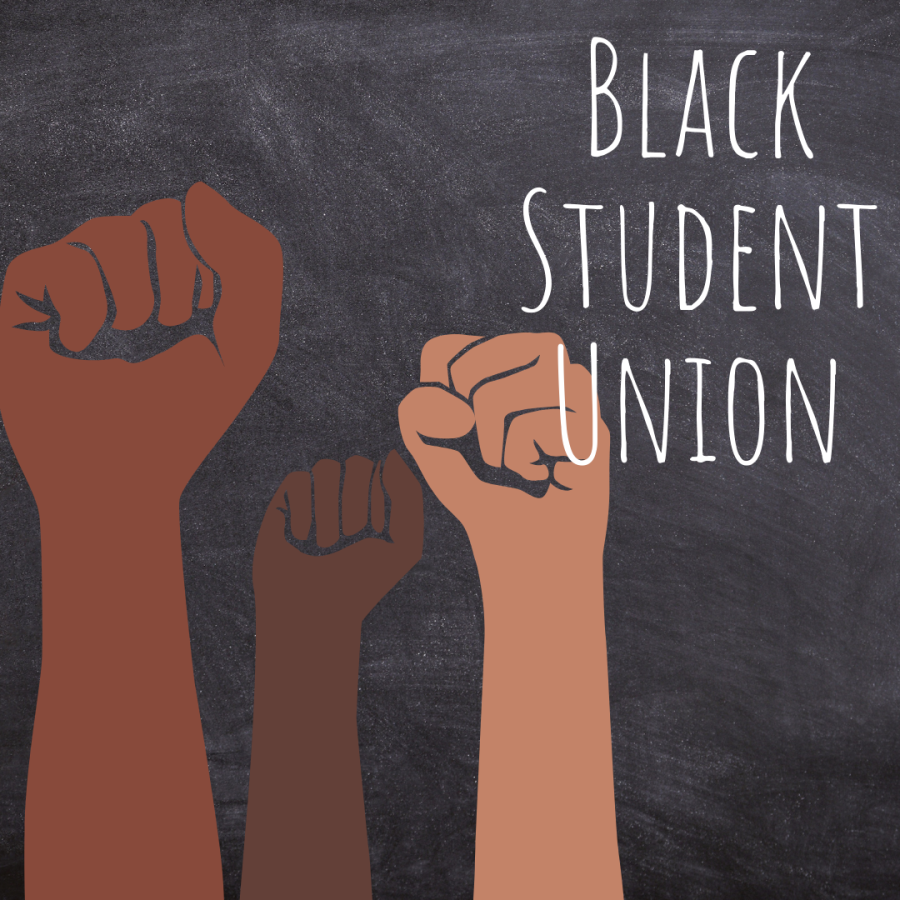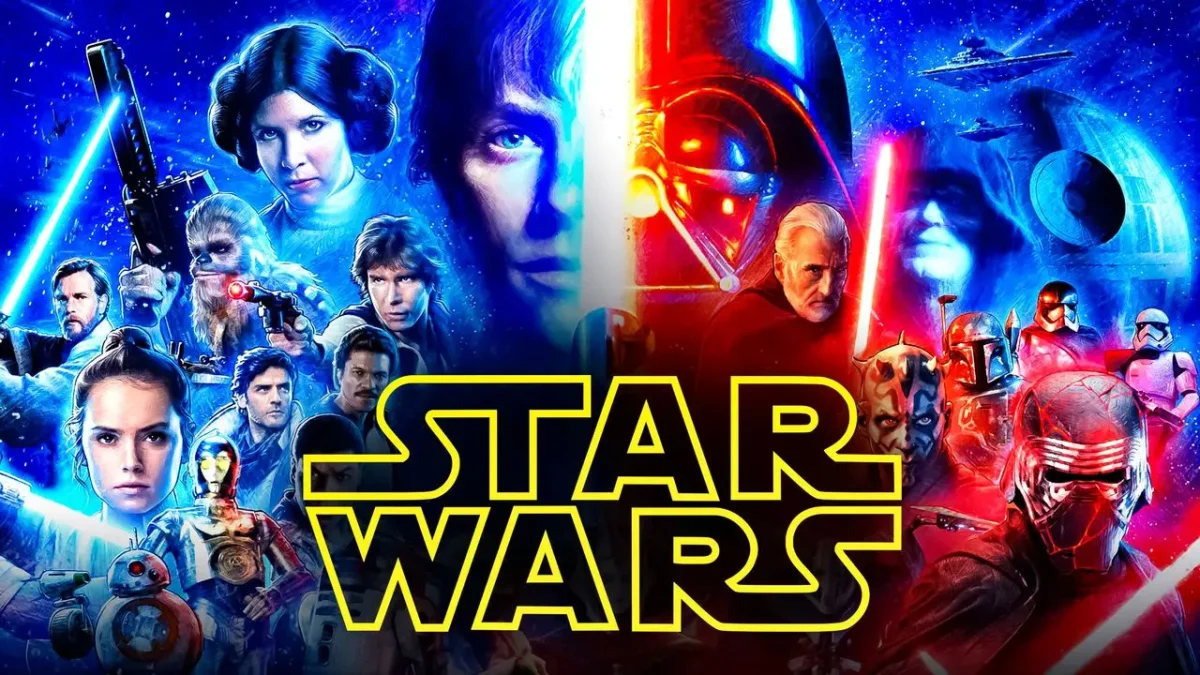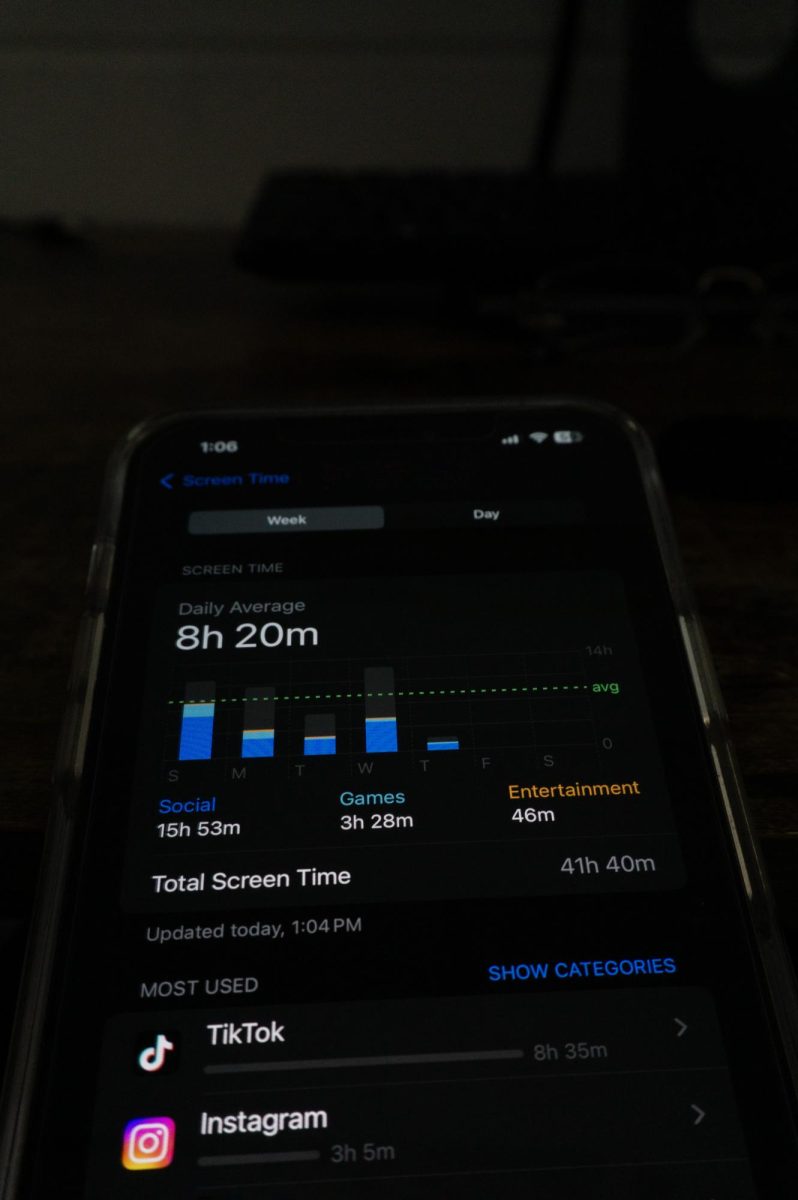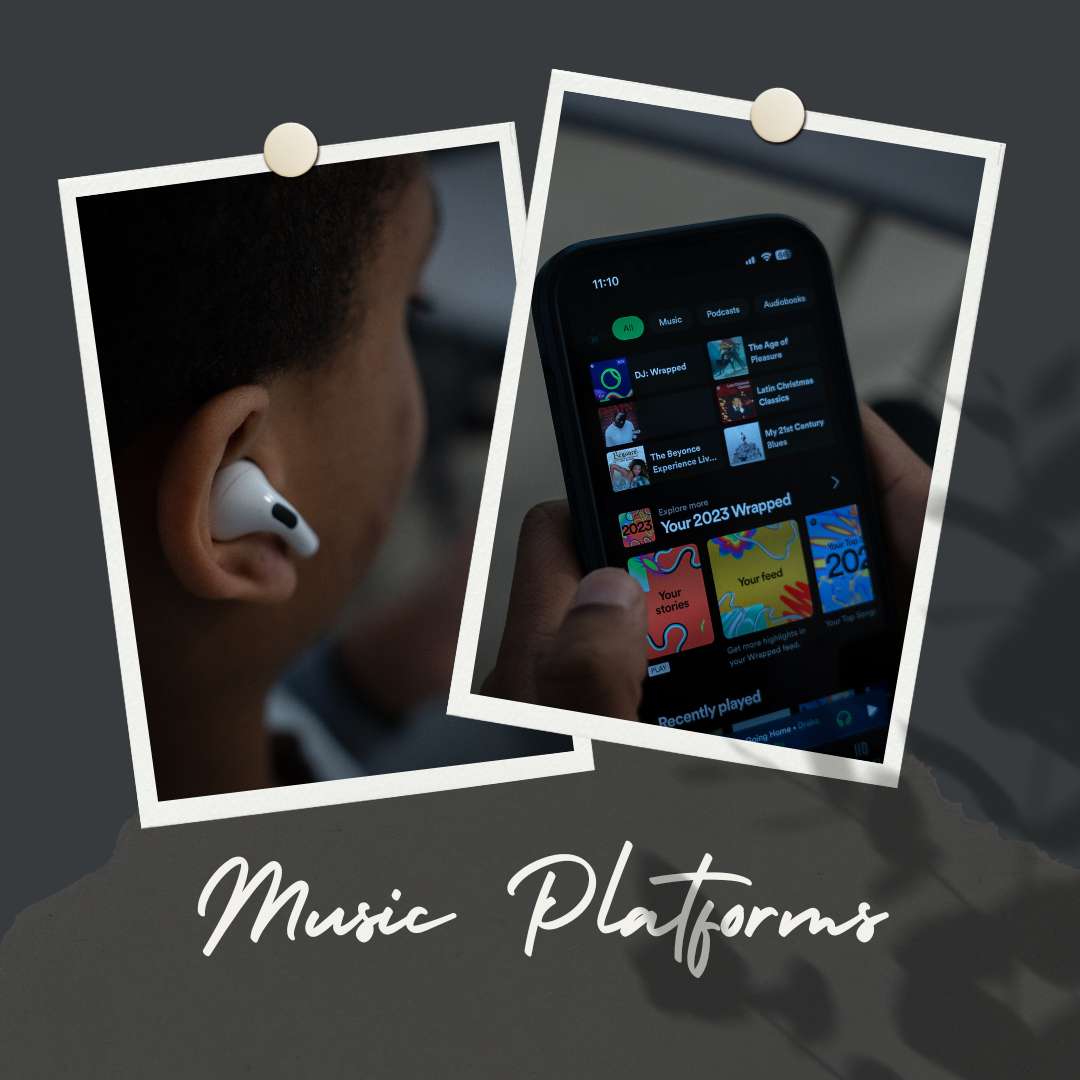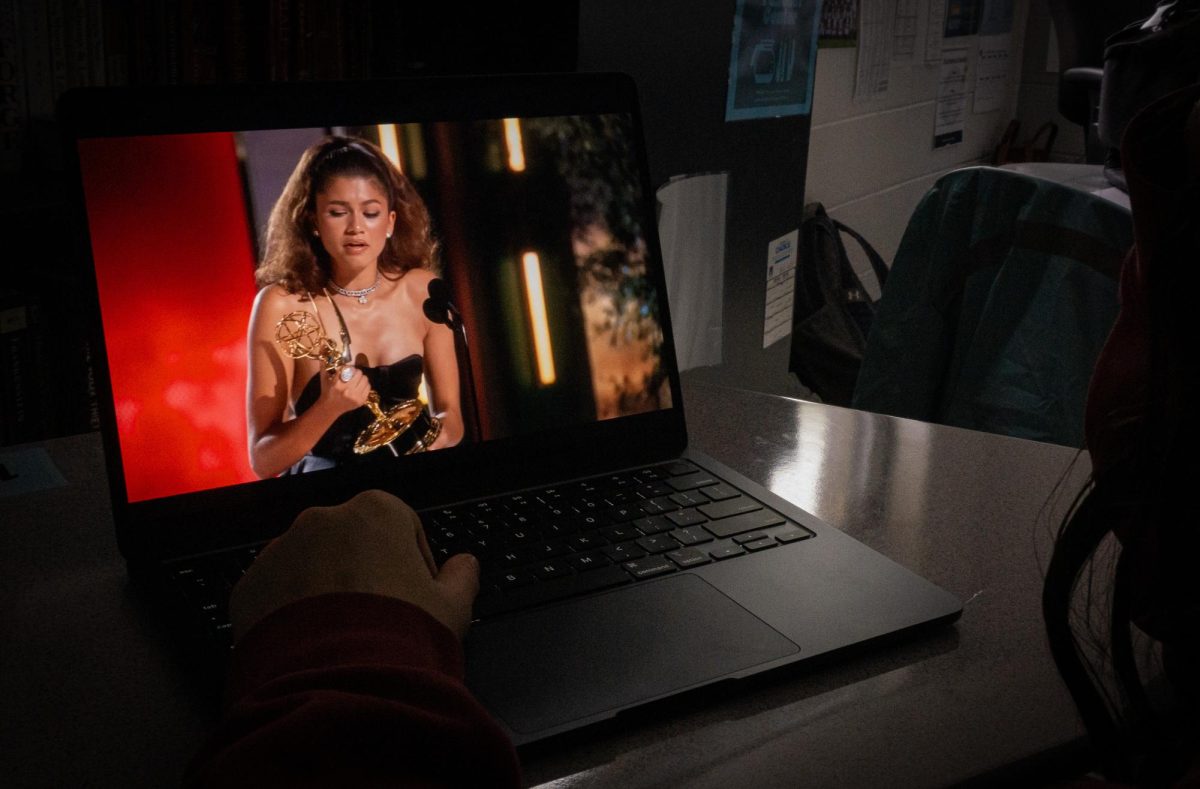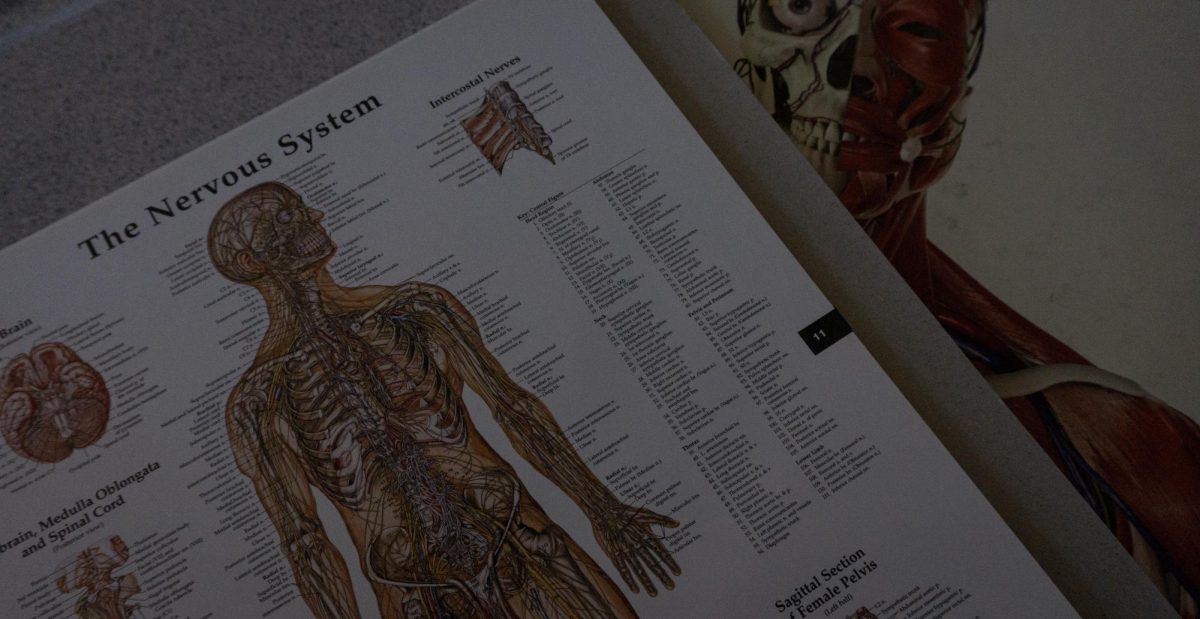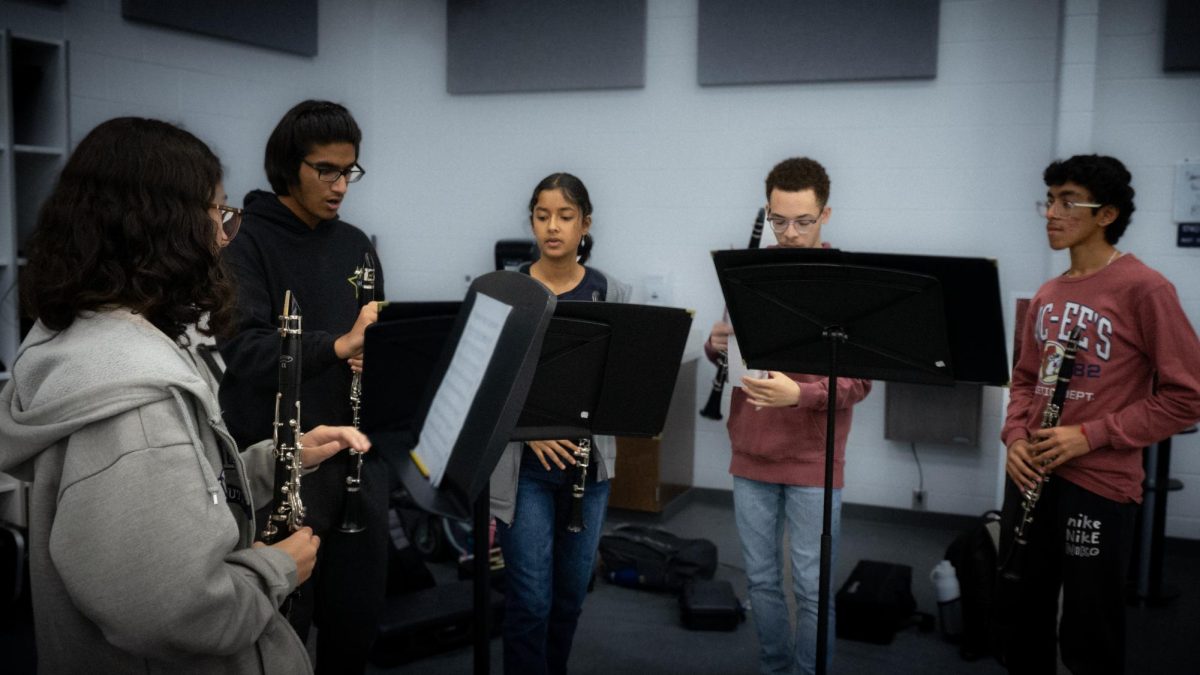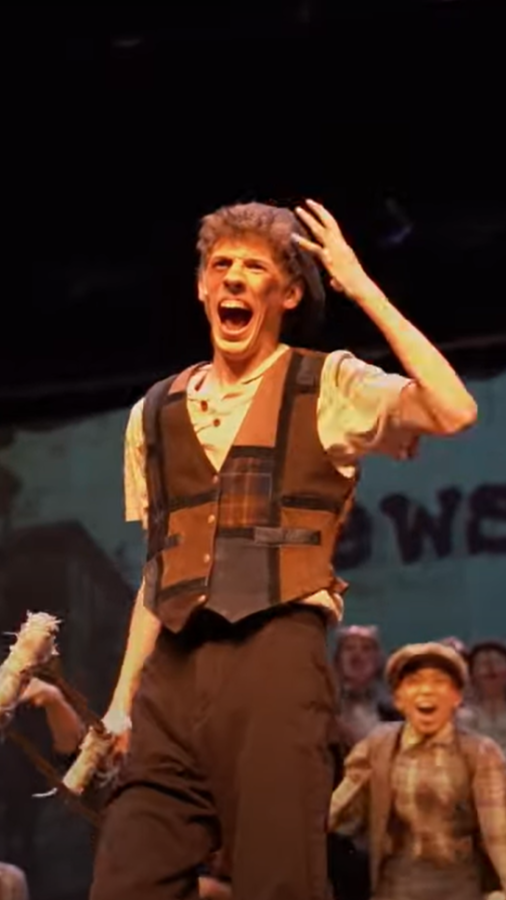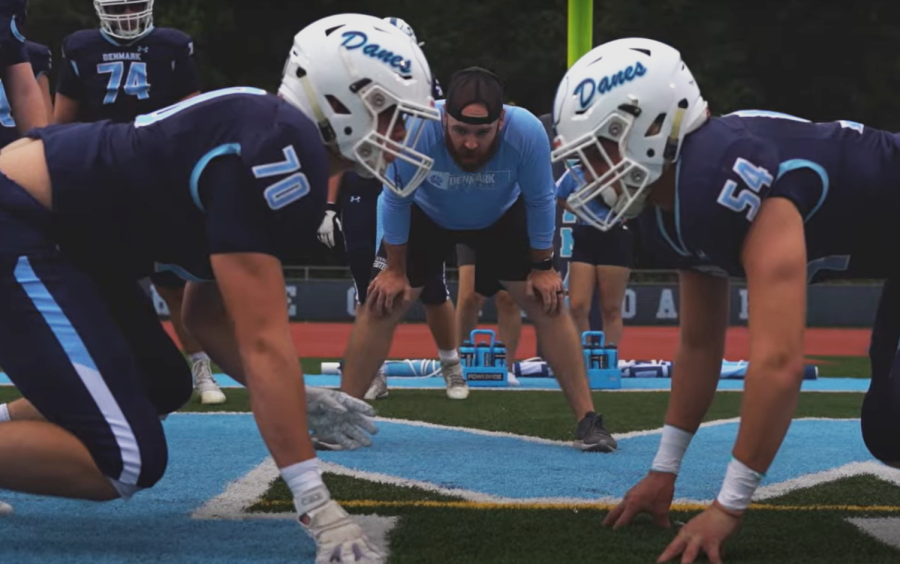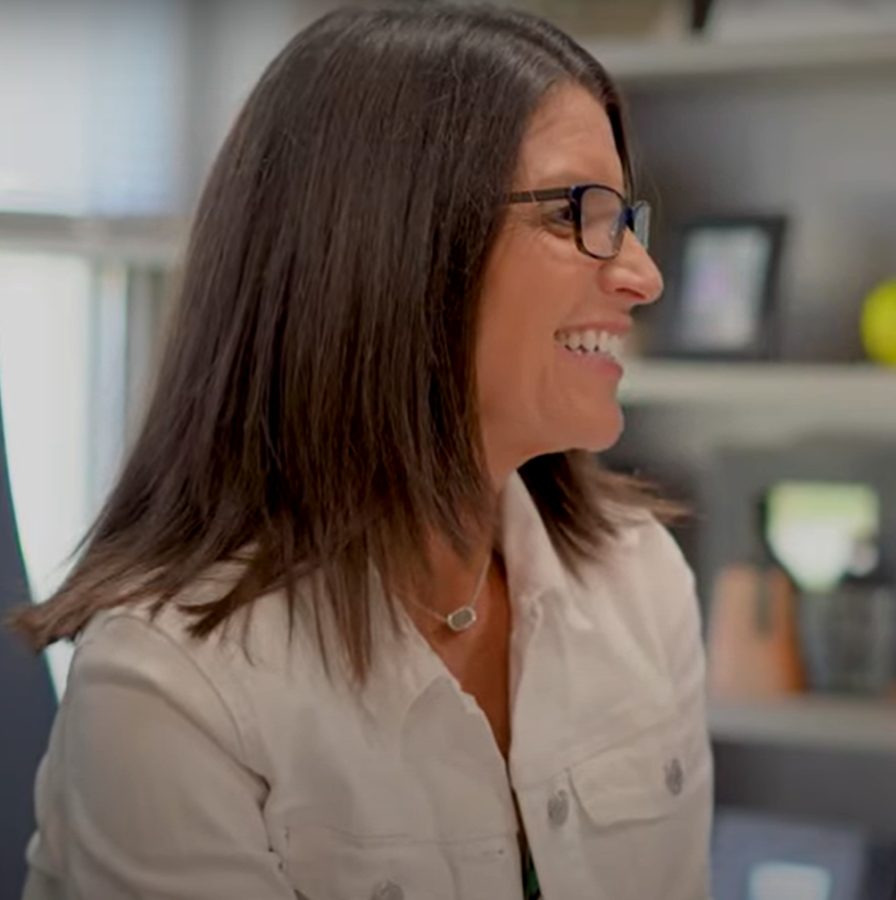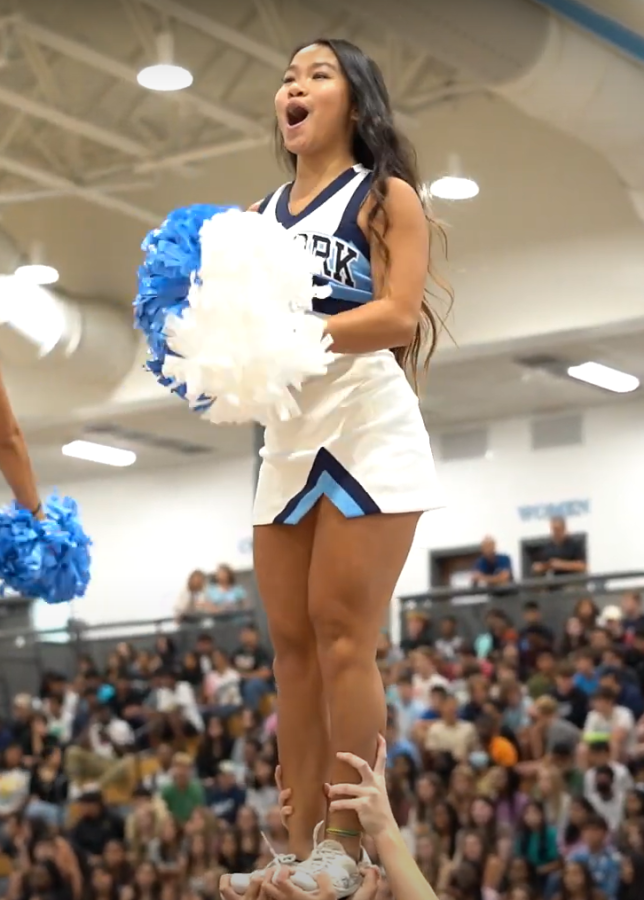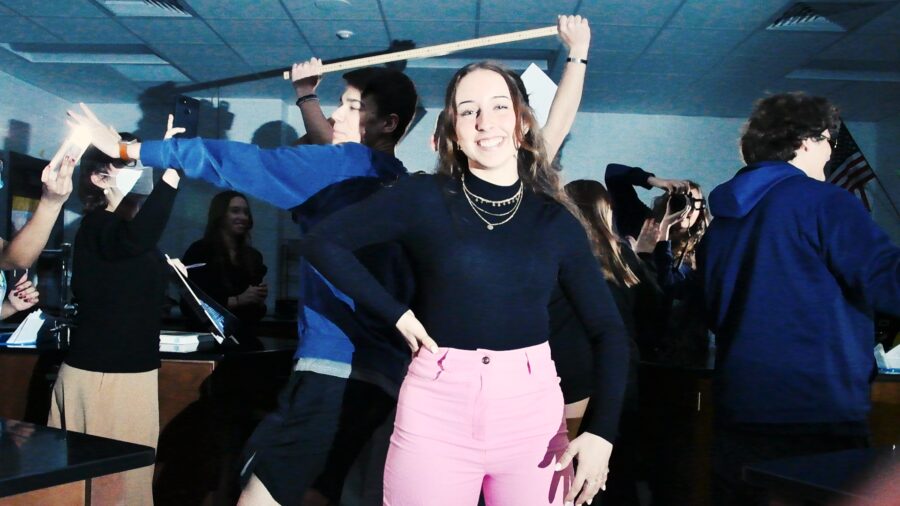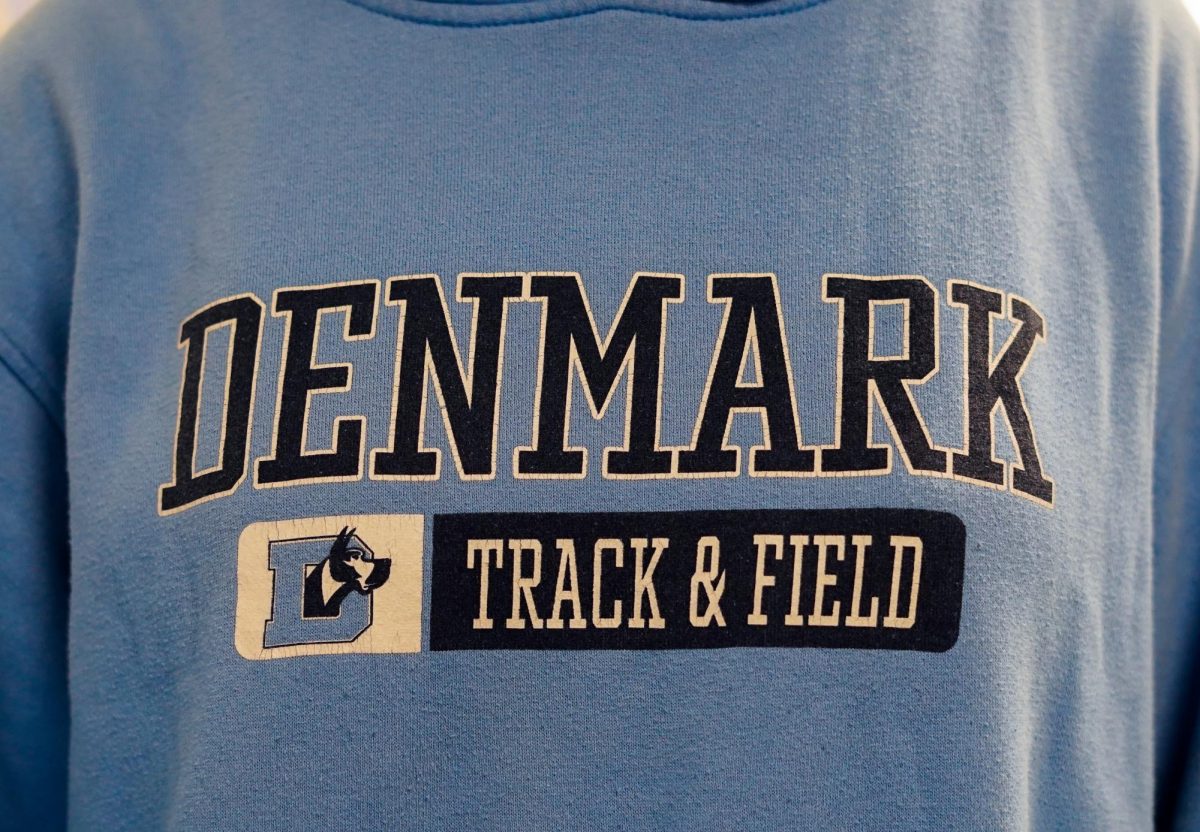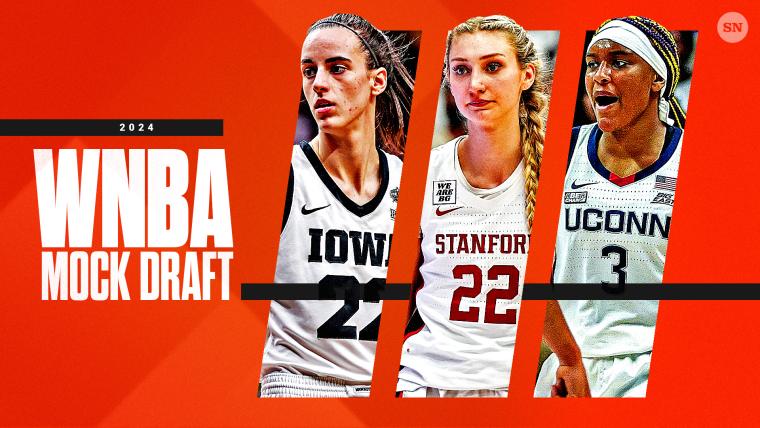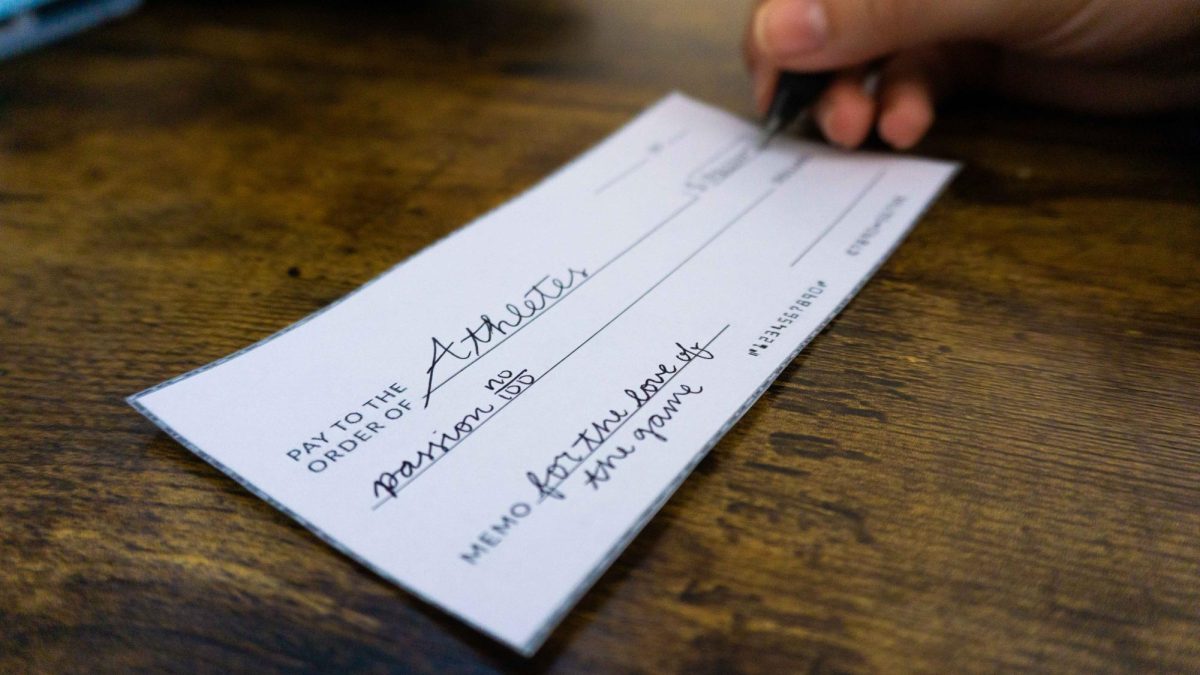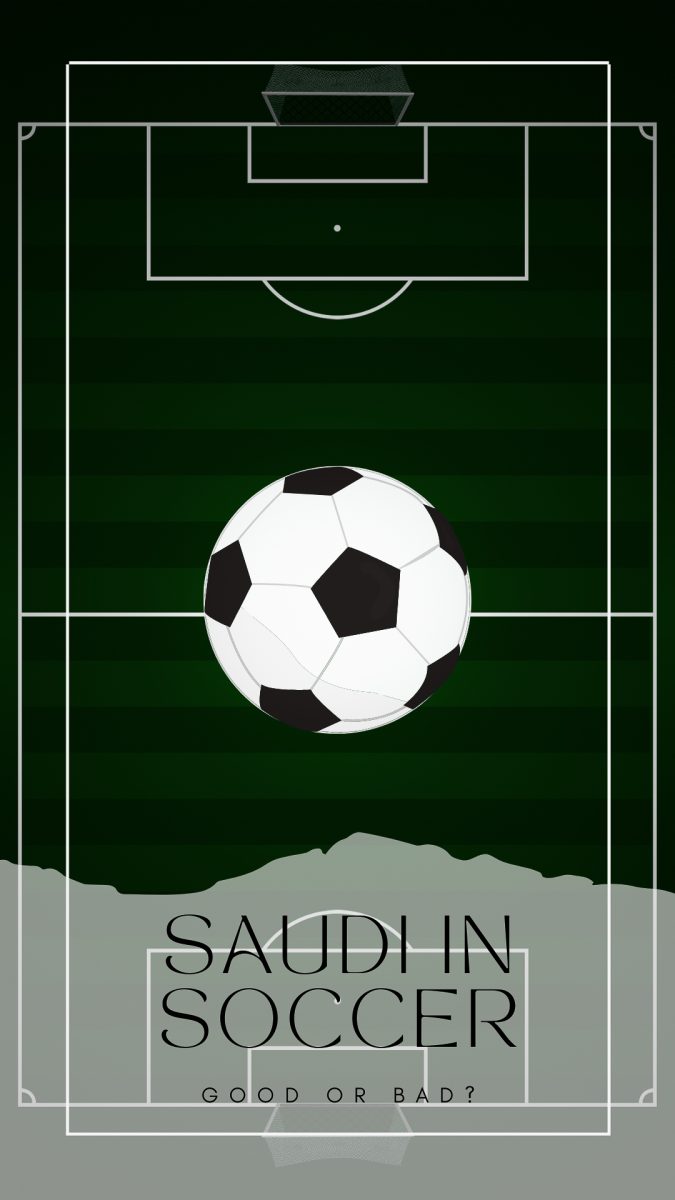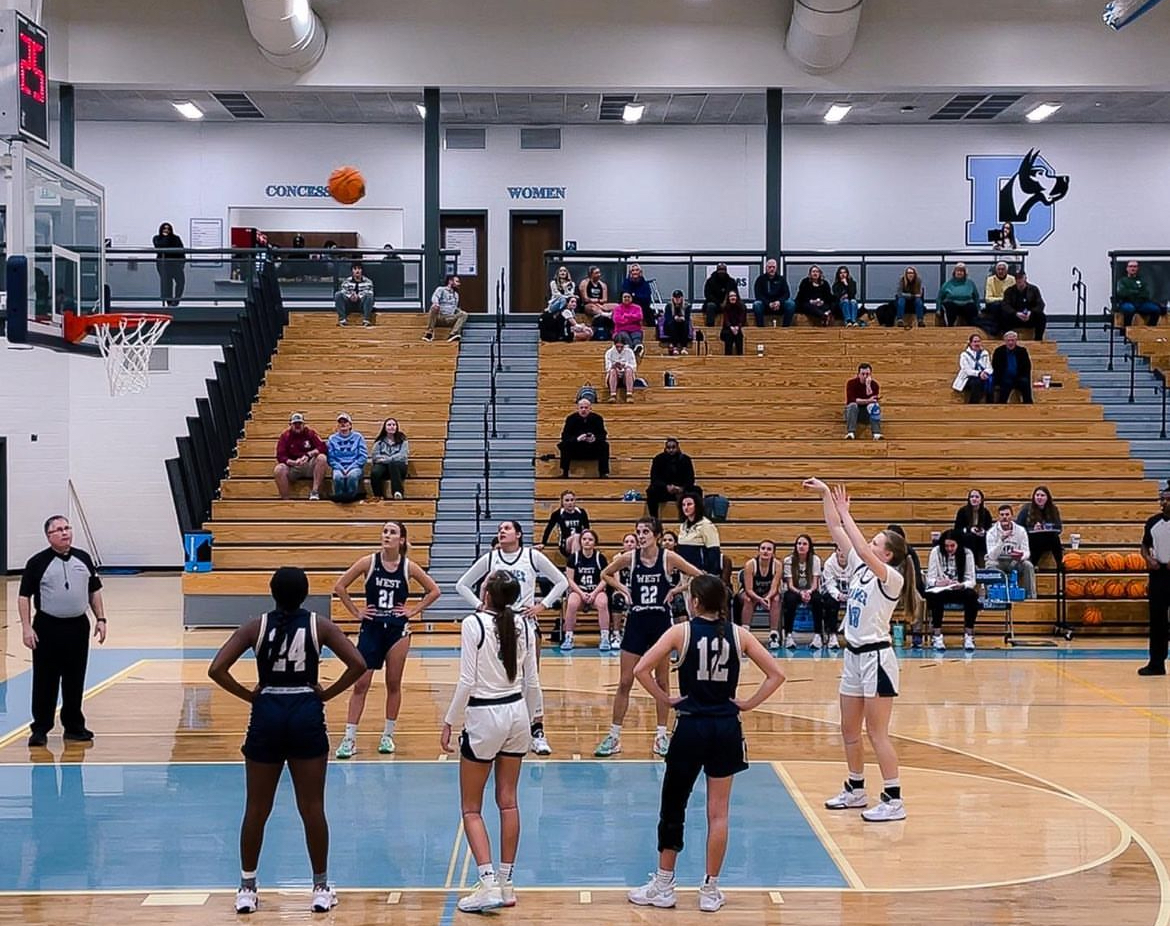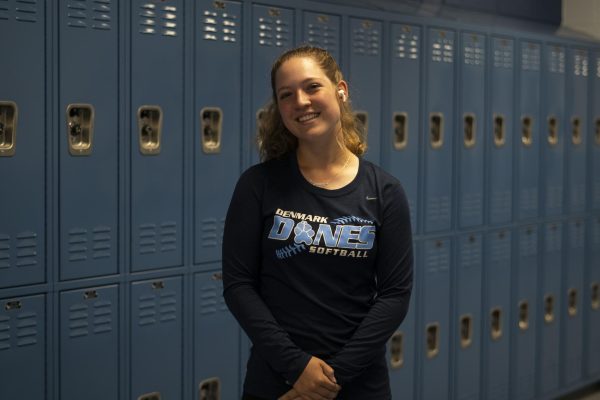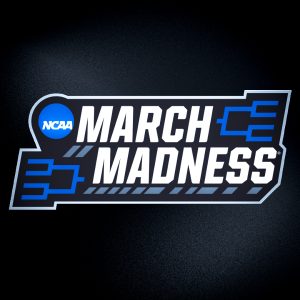
Sports betting of the future is now closer than ever with newly emerging technology simulation in recent years. Artificial intelligence has not only made an impact in everyday life like education and business, but it’s also gaining access to sports in more forms than ever with the March Madness bracket picking event. A sports media company named SportsLine has created a machine learning AI to gain an advantage in the competition of picking March Madness brackets. A popular tradition among many sports fans starting in 1977, the gambling has grown from a $10 to whoever guessed the most winners correct, to a possible $1 billion dollars to whoever gets a perfect bracket, courtesy of Warren Buffet.
Sportsline’s AI was made to run through thousands of game outcomes and statistics among each competitor in the tournament, predicting previous years’ upsets such as “No. 13 Furman over No. 4 Virginia and No. 10 Penn State over No. 7 Texas A&M” in 2023. Only the top 8% of bracket predictors have beaten the guesses made by this program, and its machine learning aims to make that eight turn into a zero (“NCAA Bracket Simulation 2024”).
Simulating every possible simulation of matchups in the March Madness tournament, 10,000 times; it’s a daunting task for any human, superfan or not. SportsLine may have a spectacular foreseer, but others are starting to take notice and hop on the train of progress with them. Elon Musk has utilized his recent creation of the X AI bot named “Grok” to make its own picks. The robot already has a head start compared to others, as Musk combined it with X’s data to have “real-time access to info via the X platform” (Noh 5).
A stellar advantage, but 16 billion birthday posts made by mothers of their kids isn’t very helpful in determining basketball game winners. An estimated guess on the number of relevant posts amounts to 500 million in the basketball category and the March Madness tournament specifically. This estimate is composed of hashtags, accounts, and other related posts, (but cannot be narrowed down to) the most relevant and recents years of March Madness.
“Only two games went differently in their predictions: Utah vs. TCU and Oregon vs. South Carolina. Grok picked Utah and South Carolina to be the winners, while SportsLine voted the opposite.”
That same information is what SportsLine’s bot has to work with as well, and the two sets of guesses show their similar access to data. Only two games went differently in their predictions: Utah vs. TCU and Oregon vs. South Carolina. Grok picked Utah and South Carolina to be the winners, while SportsLine voted the opposite. What SportsLine doesn’t have, though, is a robot giving its reasoning as to how all the projected winners were picked. Musk’s team programmed Grok to state the reason for its picks, and it even got into what the players might be feeling in tournament play. In its UConn over BYU prediction, Grok rationed that “[UConn] has shown resilience and the ability to win close games, which is crucial in high-pressure tournament situations.”
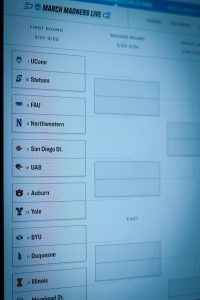
Grok not only has over 500,000 terabytes of information at its disposal for answering questions, but also an artificial personality programmed to make the monotonous process of gathering information more engaging. When making the bot itself, X decided that in order to differentiate Grok from its competitors, the team added “humor and sarcastic tones” onto the information the bot gave out. Musk utilized inspiration from the “AI computers in the famous Hitchhiker’s Guide to the Galaxy books” (Eaton 1).
This new technology may seem enticing in the eyes of a tech lover, but sports fans aren’t sure about whether or not it is a good idea to welcome AI into predictions. Having Grok picking people’s tournament guesses takes away the emotional rollercoaster of picking winners themselves. 92 percent of other guessers’ chances at winning a million dollar prize go down the drain with the entry of AI. Those guesses aren’t made by a human so it takes away the recreation and competition of the guessing game that people look forward to every year. Will gambling bots turn the Madness bracket into a competition to have them order to win, or will humans be able to keep up in the guessing game?
Eaton, Kit. “Elon Musk Makes His AI Model Grok Open-Source, but Keeps Its Training Secret.” Inc., 18 Mar. 2024, www.inc.com/kit-eaton/elon-musk-makes-his-ai-model-grok-open-source-but-keeps-its-training-secret.html.
“NCAA Tournament 2024 Bracket: Advanced Simulation Predicts Surprising Upsets, March Madness Picks, Sleepers.” CBSSports.Com, 19 Mar. 2024, www.cbssports.com/college-basketball/news/ncaa-tournament-2024-bracket-advanced-simulation-predicts-surprising-upsets-march-madness-picks-sleepers/.
Noh, Stephen. “March Madness Predictions 2024: Using AI to Pick NCAA Tournament Bracket Upsets, Final Four.” Sporting News, 19 Mar. 2024, www.sportingnews.com/us/ncaa-basketball/news/march-madness-predictions-ai-bracket-ncaa-tournament/ba90232f984094e4f74308fe.


